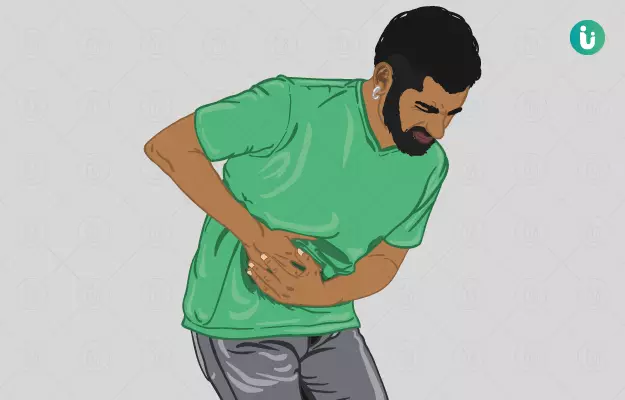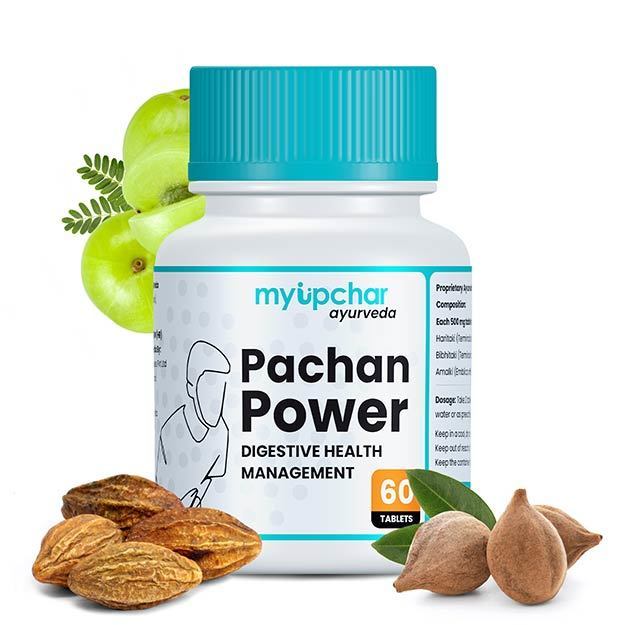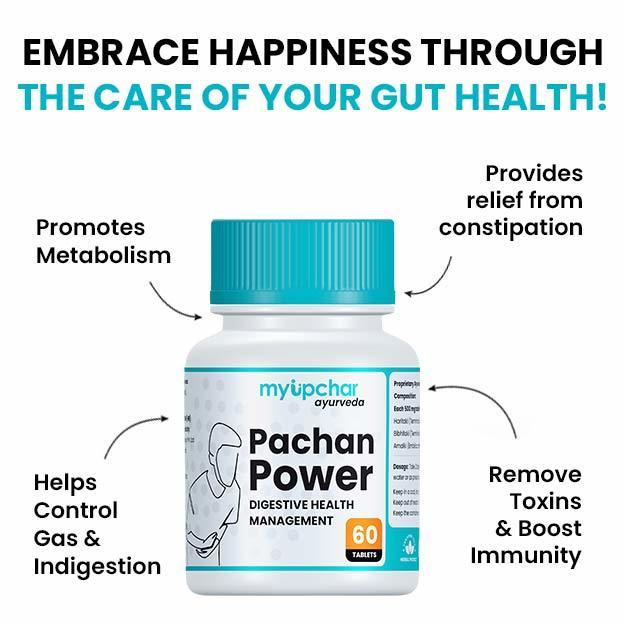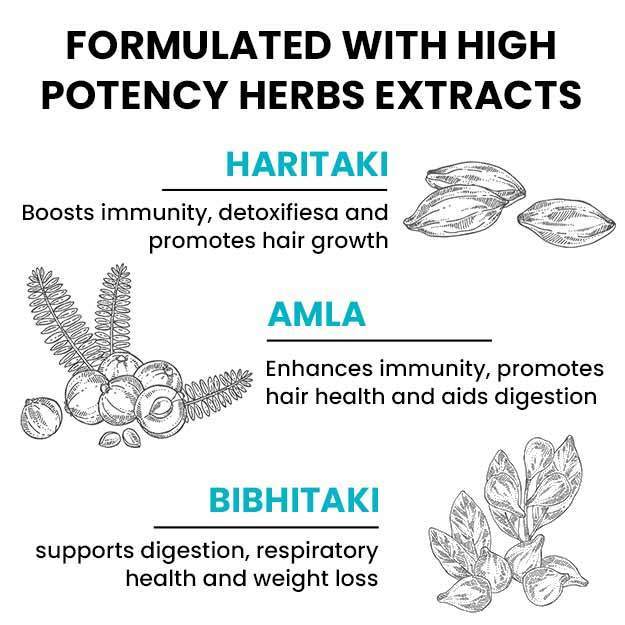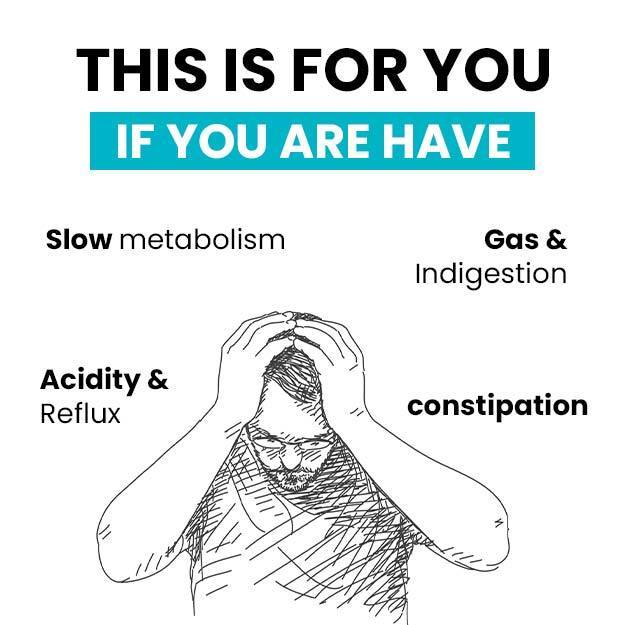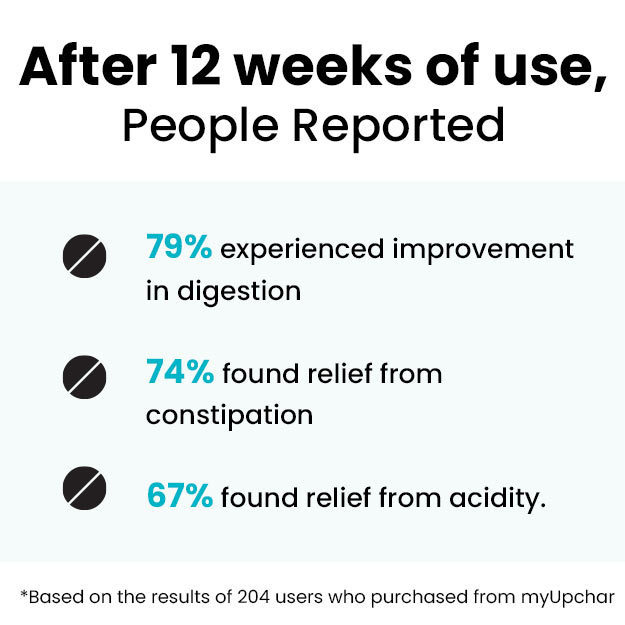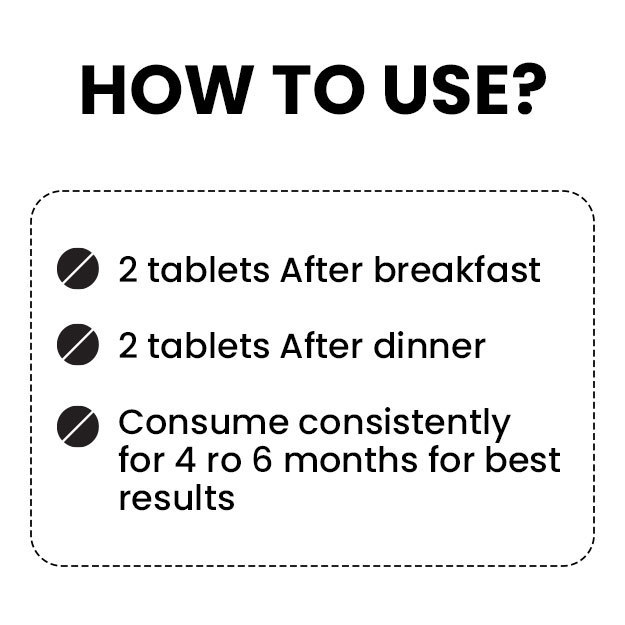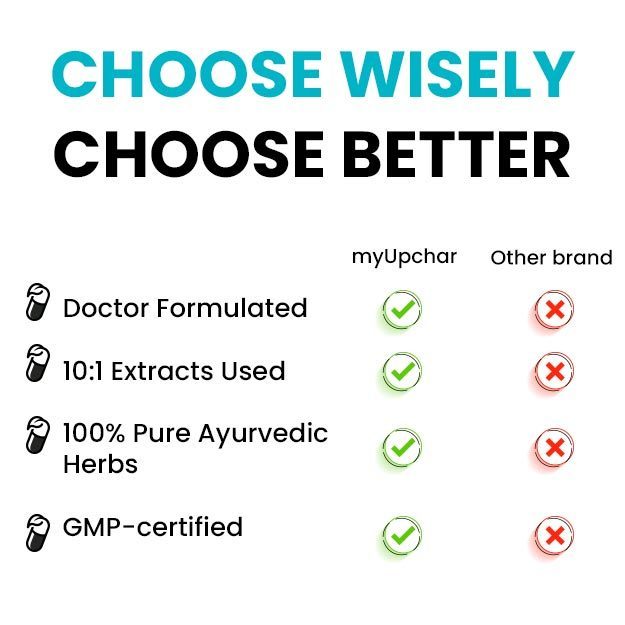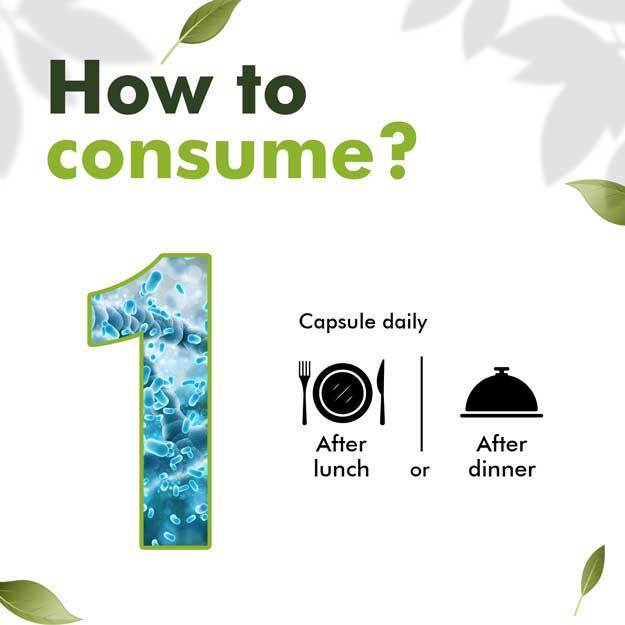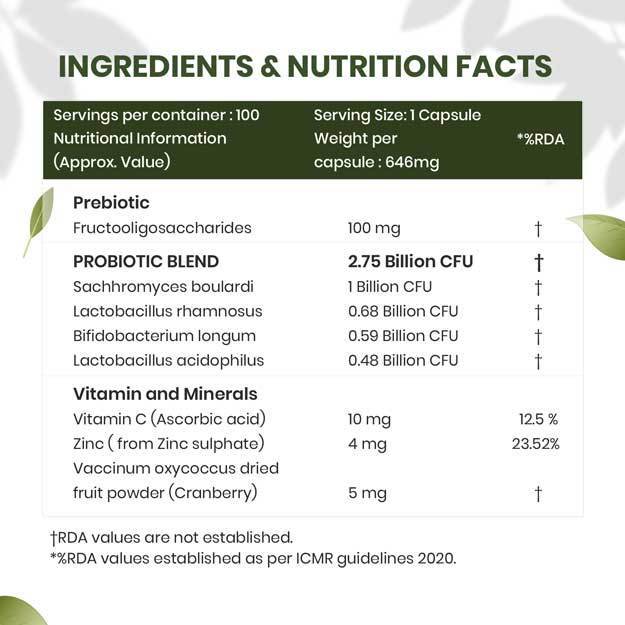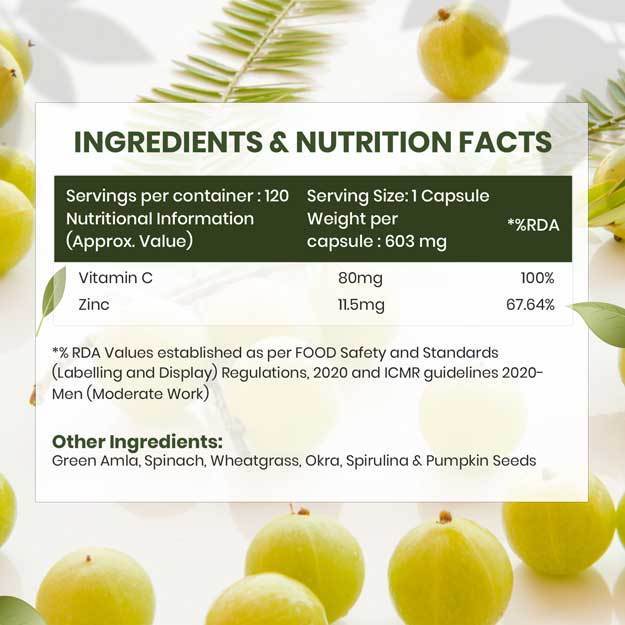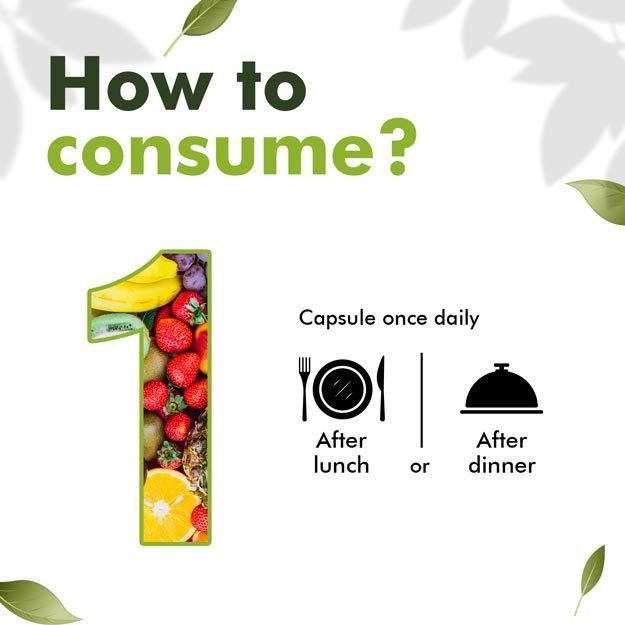Everyone gets gas. This condition can be very annoying and sometimes embarrassing. But it is not a life-threatening or serious condition. The gas inside the body comes out of the body with burping or through the anus. Any problem that causes constipation or diarrhea or gas formation can cause gas pain.
Most people pass gas at least 10 times a day. To check for gas pain, the doctor takes information about your health history and does a physical examination. For physical examination, the doctor may do some tests like abdominal X-ray, colonoscopy and barium swallow etc.
Gas pain can be very severe and intense, which seems to be similar to the pain caused by many serious diseases, such as appendicitis, gallstones and even heart disease etc. If you have gas problems, you should take some precautions like eating slowly, not chewing gum and not smoking cigarettes etc. Apart from this, there are also some types of food items which people suffering from gas problems should not eat such as onion, garlic, beans and milk products etc.
Often, by making a little change in eating habits, the troublesome gas pain can be reduced. Eating food in small quantities several times, drinking at least 3 to 4 liters of water a day, eating plenty of fruits and vegetables and exercising regularly are some examples of this.
(Read more - Gas-Related Diseases)

